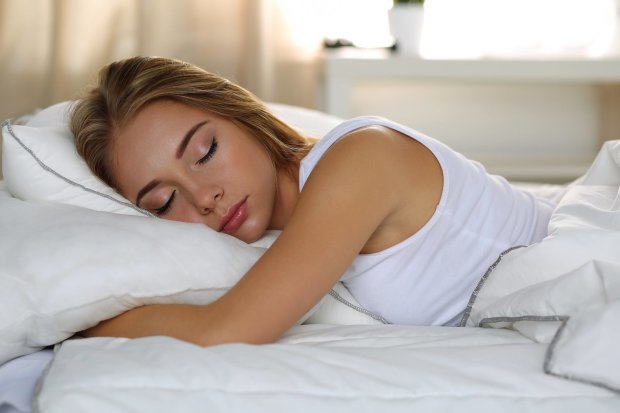Sleep hygiene is a phrase used to describe the habits and practices that support your ability to get a good night’s sleep. Sleep hygiene is not necessarily limited to your night-time habits but also behaviours that you exhibit during the day. It can also encompass aspects of your environment too, all of which contribute to your sleep health. If you are looking for ways to improve your sleep, then read on.
Why is Sleep Hygiene Important?
Some people have to rely on stimulants to give them a jolt in the morning and kickstart their day. However, simply having a good night sleep is enough; it can make you feel more productive and energized. Improving your sleep hygiene can drastically improve your physical and mental health. Getting too much or not enough sleep can increase your levels of stress and susceptibility to illness and contribute to an overall sense of mental and physical fatigue. There are a number of habits that you can pick up to improve your sleep hygiene.
Keep Consistent
Start by implementing a routine, go to bed at the same time every night. Do your best to stick to this bedtime – even on the weekends, wherever possible. This then will help you to establish a normal waking time. Over time your body will naturally start to become tired in preparation for your bedtime. It also promotes better quality sleep overall. To work out what routine would work best for you, you can look up your sleep chronotype and hypnogram.
Your Pre-Sleep Routine
As well as sticking to a bedtime, you might also want to create a night-time ritual. Going through the same few tasks in the same order every evening will let your body know that it is time to sleep soon. The routine will look different for everyone. For example, it could be meditating, brushing your teeth, getting your things ready for the next day, reading a chapter of your book, taking a shower or putting in your clear aligners worn at night time. Alignerco has a range of aligners, some of which are worn during the day and some at night. They also have several payment plans to choose from too.
Reduce Stimulants
A lot of people will see a marked improvement in their sleep by cutting out stimulants. In particular, your caffeine consumption, try to avoid caffeine late in the day. The stimulating effects of caffeine and some other substances such as sugar can last for hours and affect your quality of sleep. In general, it is recommended to avoid stimulants as much as possible after two in the afternoon.
Temperature Check
You need to think about the temperature of your bedroom. It is recommended that you keep your bedroom quite cool, but you should feel cosy in your bed. The material that your sheets or pajamas are made out of can affect your body temperature, so try to pick the most comfortable ones.
Limit Your Time in Bed
If you spend too much time in your bed, then you can muddle the connections within your brain. Your brain needs to associate your bed with sleeping. If you work or watch TV in your bed, then your brain will begin to associate your bed with a feeling of wakefulness, making it harder for you to sleep when you need to.
Consider Your Dietary Habits
Your diet can affect your sleep too. For example, eating large meals or spicy foods too close to bedtime can disrupt your sleep. Try to avoid eating too late to allow your body a chance to digest your food before you go to bed. Otherwise, it can feel uncomfortable, and your body will be forced to focus on digesting the food instead of helping you get and stay asleep.
Avoid Screens & Lights
Lights, in general, can affect your sleep negatively. The blue light emitted by electronics is known to interfere with the bodies inclination towards feeling sleepy. Consider limiting your evening screen time or investing in some blue light filter screen protectors or glasses to lessen the effects. This will then ensure that your body continues to produce and release melatonin at the right time. You may also wish to start dimming the lights within your home in the evening. This tells your brain that it will soon sleep and encourages your brain to begin to slow down and go into sleep mode.
Don’t Lie Awake
If you find yourself lying in your bed unable to sleep, then don’t continue to lie there as it is unlikely to help. Instead, you should get up, leave the room, and try to relax. Do something calming rather than stimulating. Then, when you begin to feel sleepy, go back to your bed and try again.
In Conclusion
There are lots of things that you can do to improve your sleep hygiene. A lot of which are based on common sense; if it takes up too much mental or physical energy, try and do it earlier on in the day to avoid overloading your system and keeping you up at night. Implementing better sleep habits can be extremely beneficial for all aspects of your life.

